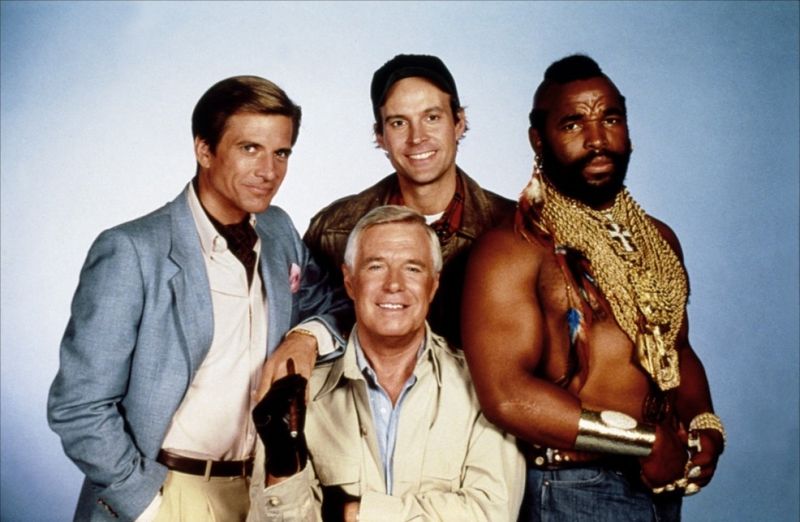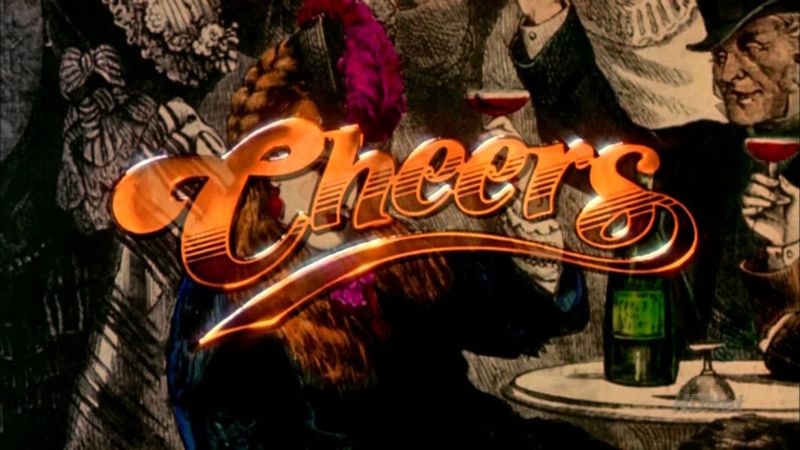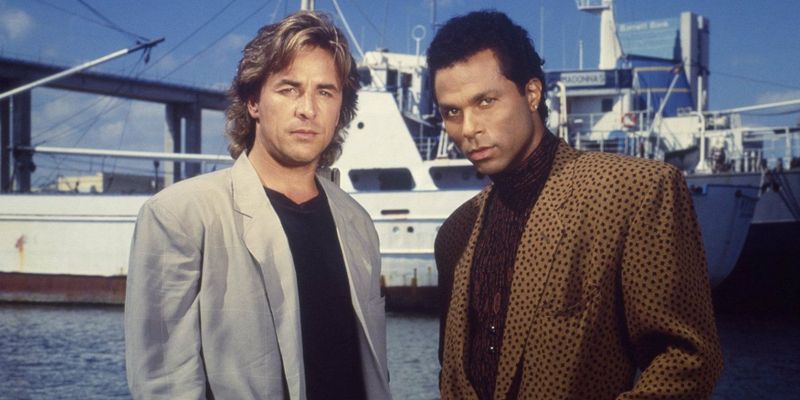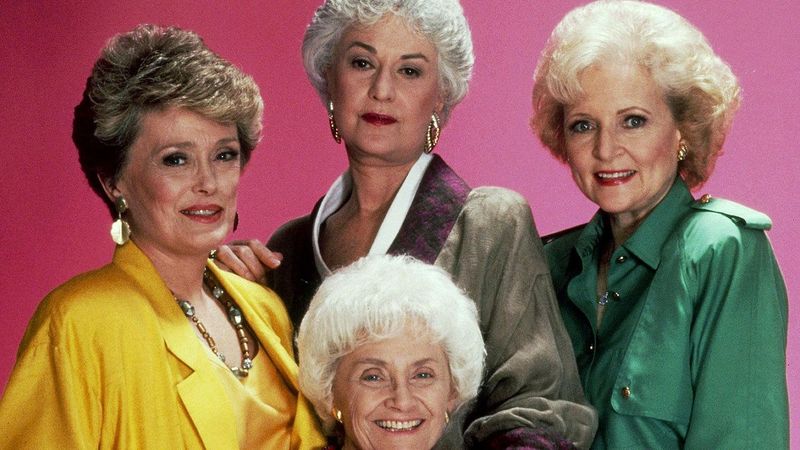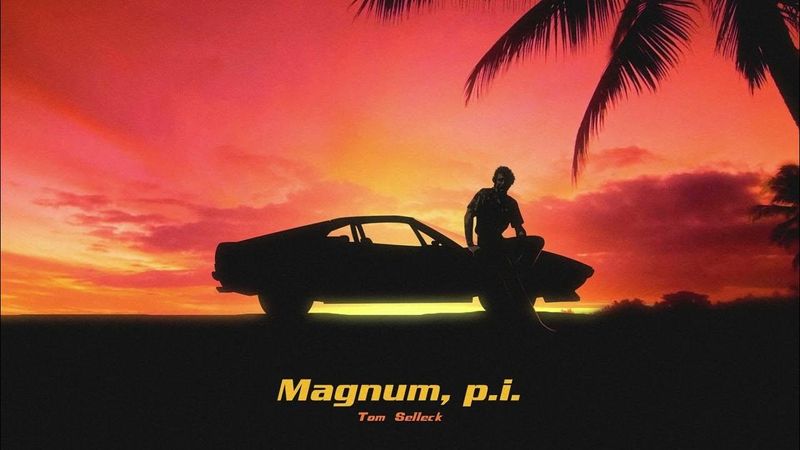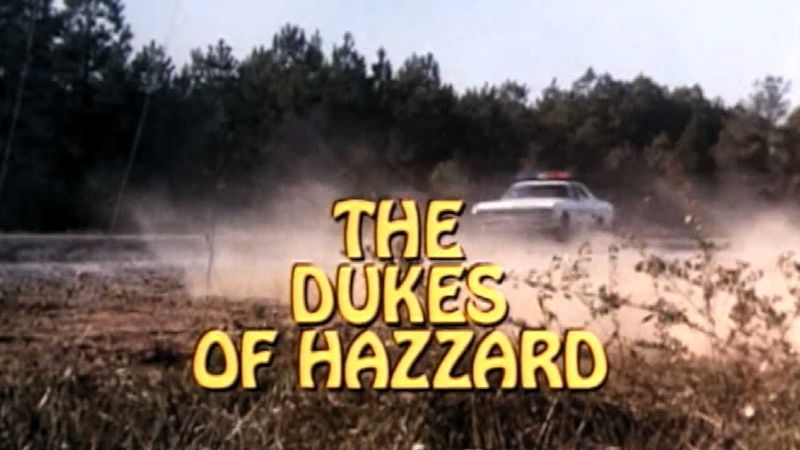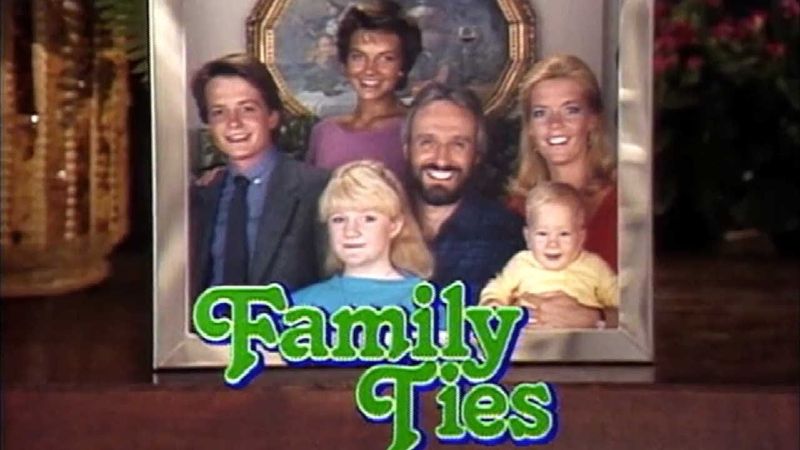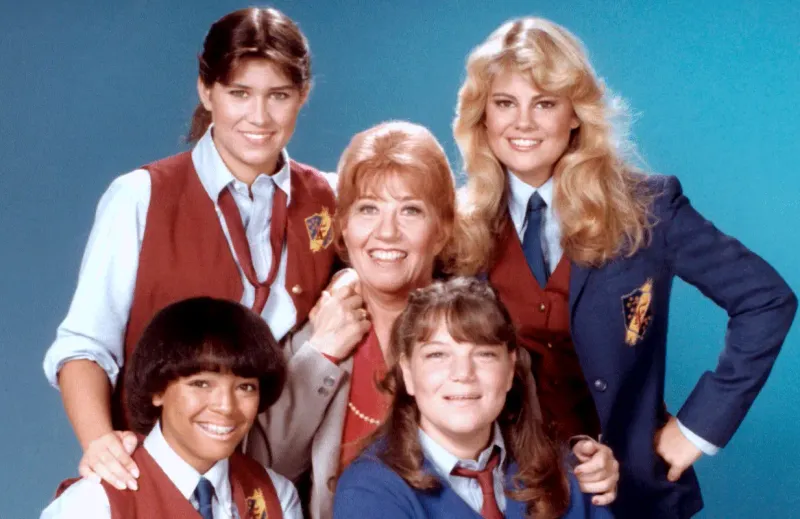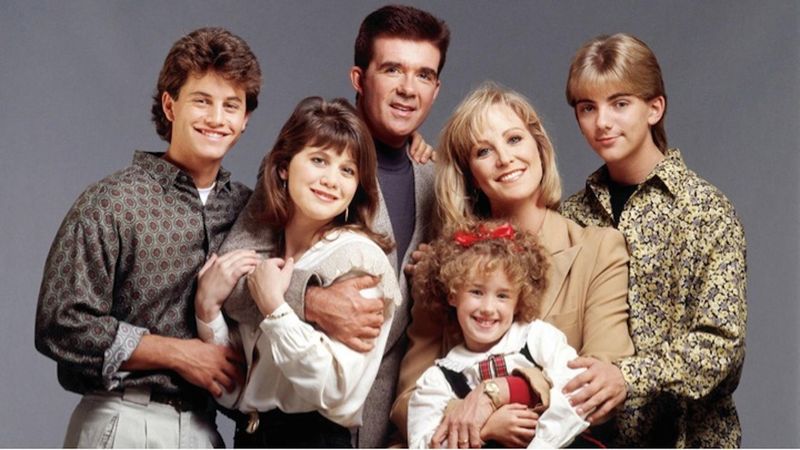The 1980s was a golden era for television, giving us some of the most memorable TV show theme songs that still resonate today. However, behind these catchy tunes were controversies that many fans might not be aware of.
From legal battles over copyrights to unexpected disputes with artists, each story adds a layer of intrigue to the tunes we know and love. Let’s explore the surprising controversies behind these iconic theme songs.
1. The A-Team
The A-Team’s theme song, with its brass-heavy, militaristic sound, became synonymous with the action-packed show. However, the theme’s composer, Mike Post, was embroiled in a dispute over royalties with Universal Pictures.
Initially, the network was keen to cut costs and tried to pay less, arguing that television themes were not as lucrative as pop songs.
This led to a legal battle that lasted several years, with Post eventually securing his due. The case set a precedent, emphasizing the value of TV scores in the entertainment industry.
2. Cheers
The beloved Cheers theme song, “Where Everybody Knows Your Name,” was almost replaced after test audiences found it too melancholic. The show’s producers debated whether the song set the right tone for a sitcom.
Ultimately, they decided to keep it, recognizing its deeper emotional resonance. This decision was met with mixed feelings from the network, who feared it might deter viewers.
However, the theme became iconic, proving that audiences connected with its honest portrayal of the longing for community and acceptance. Today, it’s hard to imagine Cheers without it.
3. Miami Vice
Miami Vice’s theme, created by Jan Hammer, faced unexpected backlash due to its electronic sound. Critics argued it diverged too far from traditional television music standards of the time.
Additionally, Hammer faced criticism from fellow musicians who believed electronic music lacked authenticity. Despite the controversy, the theme achieved commercial success, even reaching the top of the charts.
Its success showcased the growing acceptance of electronic music in mainstream media and challenged the status quo, paving the way for future TV themes that dared to be different.
4. Knight Rider
Knight Rider’s theme song is an iconic piece of 1980s synth music. However, the composers, Stu Phillips and Glen A. Larson, found themselves in a legal tussle when a European band accused them of copying a melody.
They claimed the theme sounded too similar to their hit song. The case was eventually dismissed, but it highlighted the fine line between inspiration and infringement in music.
This controversy sparked conversations about artistic originality and the challenges faced by composers in the rapidly evolving music industry of the decade.
5. The Golden Girls
“Thank You for Being a Friend,” the theme for The Golden Girls, encountered unexpected controversy regarding its lyrics. Andrew Gold, the song’s original writer, faced questions about the song’s intent.
Some critics believed it was too simplistic for a sitcom about mature women. Despite this, the song resonated with audiences, emphasizing friendship and support.
The controversy highlighted differing expectations in TV theme music, where simplicity sometimes triumphed over complexity. Ultimately, the theme’s warmth and sincerity won out, cementing it as a cherished part of television history.
6. Magnum, P.I.
Magnum, P.I.’s theme song became an instant classic, but its path wasn’t entirely smooth. Composer Mike Post faced challenges over creative control when CBS executives wanted to make it more upbeat.
Post resisted, believing the original composition captured the essence of the show. This led to tense negotiations, but ultimately, the network relented. The theme’s success underscored the importance of artistic integrity, and Post’s persistence paid off.
Today, the theme is celebrated for its unique blend of adventure and intrigue, perfectly matching the show’s charismatic lead.
7. The Dukes of Hazzard
The Dukes of Hazzard theme, performed by Waylon Jennings, faced controversy due to its association with the Confederate flag. As social awareness grew, so did the calls to remove or alter the theme.
Critics argued that it celebrated a controversial symbol, prompting discussions about cultural sensitivity. While the show retained its theme, the debate forced producers to confront the evolving perspectives of their audience.
This controversy remains a pertinent example of how societal values can influence and challenge the content of beloved entertainment.
8. Family Ties
“Without Us,” the theme for Family Ties, almost didn’t make it to air due to disputes over its duet format. Producers debated whether a male-female duet suited the show’s family-centric theme.
They even considered a solo version, fearing the duet might overshadow the show’s narrative. However, the creators stood by their choice, arguing the duet added a unique touch.
This decision ultimately paid off, with the theme becoming a beloved part of the show. The controversy underscored the delicate balance between musical innovation and audience expectations in TV themes.
9. The Facts of Life
The theme for The Facts of Life underwent several revisions before its final version aired. Initially, producers wanted a more upbeat tempo to match the show’s lively spirit.
However, the chosen tempo sparked disagreements among the production team. Some felt it didn’t reflect the show’s deeper themes of growth and learning. After various iterations and heated discussions, a compromise was reached.
The eventual theme struck a balance between energy and depth, aligning with the show’s narrative. This journey highlighted the collaborative nature of theme song creation, and the challenges therein.
10. Growing Pains
“As Long As We Got Each Other,” the theme for Growing Pains, faced scrutiny when the show’s producers considered changing it. Some executives felt it was too sentimental for a family sitcom, sparking debates about its tone.
The song’s writers argued its message of unity was integral to the show’s ethos. After much discussion, the theme was retained, affirming the creators’ vision.
The controversy highlighted the tension between artistic expression and commercial considerations, a recurring theme in TV production. Today, the song is fondly remembered for its heartfelt message.
